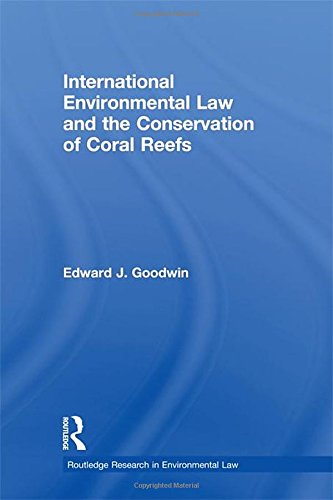

Most ebook files are in PDF format, so you can easily read them using various software such as Foxit Reader or directly on the Google Chrome browser.
Some ebook files are released by publishers in other formats such as .awz, .mobi, .epub, .fb2, etc. You may need to install specific software to read these formats on mobile/PC, such as Calibre.
Please read the tutorial at this link: https://ebookbell.com/faq
We offer FREE conversion to the popular formats you request; however, this may take some time. Therefore, right after payment, please email us, and we will try to provide the service as quickly as possible.
For some exceptional file formats or broken links (if any), please refrain from opening any disputes. Instead, email us first, and we will try to assist within a maximum of 6 hours.
EbookBell Team

5.0
100 reviewsTropical coral reefs are important ecosystems. They are economically important to coastal communities living in predominantly developing countries, and also provide shoreline protection, catalyse land formation enabling human habitation, act as a carbon sink and are a repository for genetic and species diversity rivalling rainforests. In the face of mounting man-made pressure from pollution, climate change and over-exploitation, these ecosystems increasingly need action to be taken to ensure their conservation and long term sustainable development.
International Environmental Law and the Conservation of Coral Reefs breaks new ground by providing the first in-depth account of the ways in which multilateral environmental treaty regimes are seeking to encourage and improve the conservation of tropical coral reef ecosystems. In so doing, the work aims to raise the profile of such activities in order to reinforce their status on the environmental agenda.
The book also has wider implications for international environmental law, arguing that sectorial legal action, provided it remains co-ordinated through a global forum that recognises and reflects the inter-connections between all elements of the natural environment, is the most effective way for international law to enhance the conservation of certain habitats.
This book will be invaluable to environmental lawyers, legal researchers, marine conservationists and other stakeholders in coral reefs.